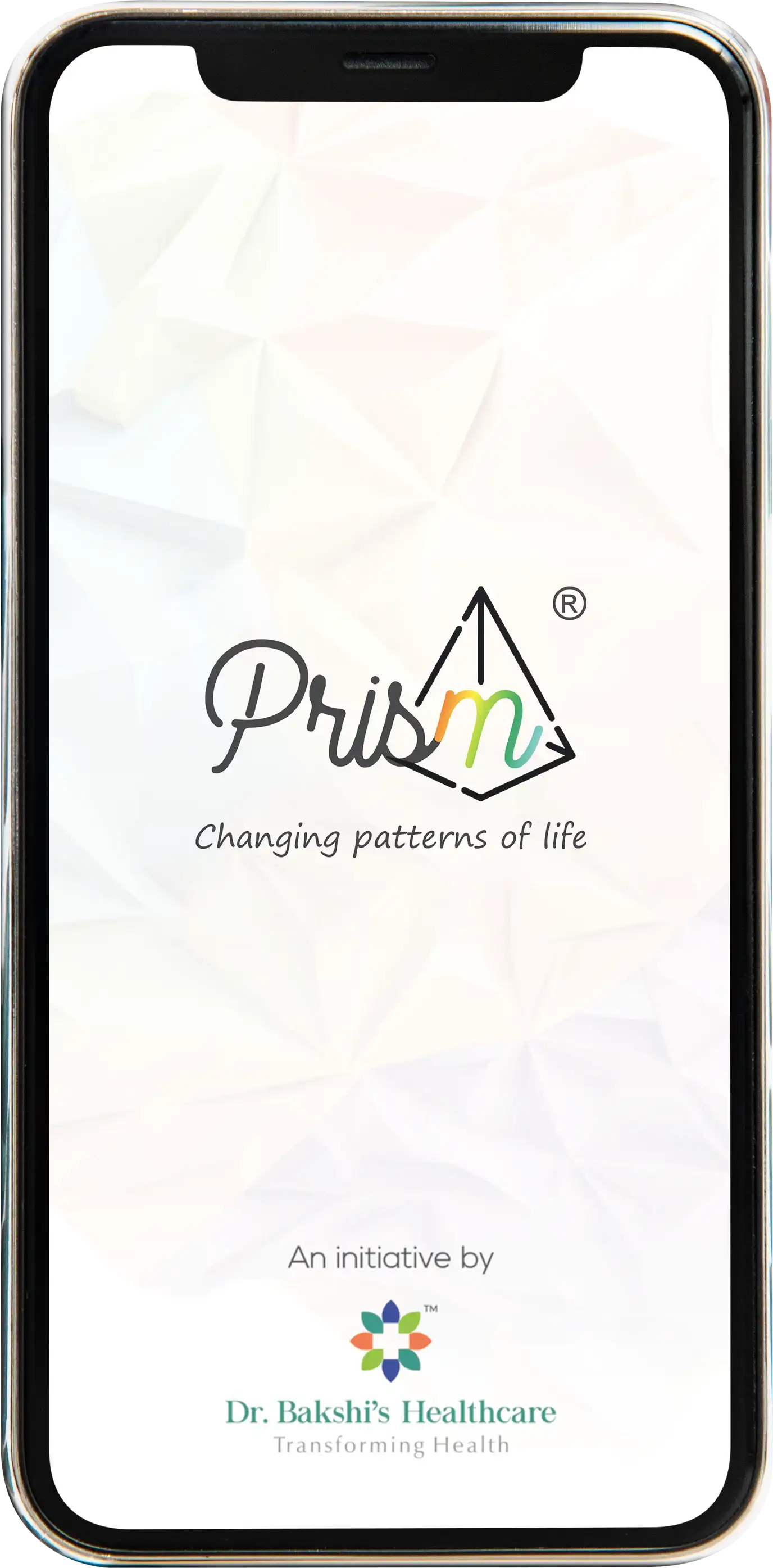
Risk factors
Signs and symptoms of anxiety in teens
Excessive worry and anxiety
Persistent, uncontrollable worry about various activities or events for at least six months.
Problems concentrating
Having problems focusing or having frequent distractions.
Fatigue
Easily tired even after minor tasks due to constant mental strain.
Restlessness or feeling on edge
Difficulty relaxing, constant nervousness.
Irritability
Heightened response to minor annoyances.
Muscle tension
Constant tightness or soreness in muscles.
Anxiety screening tools for teens
If you're concerned that your teen may be struggling with anxiety, there are various anxiety tests and screening tools that can help identify the signs of stress. Some of the common tools include:
Why choose Prism?
The Prism Mental Health Application offers a comprehensive solution for teenagers struggling with anxiety. Prism is designed to provide young people with access to tailored mental health resources, coping strategies, and progress tracking in a user-friendly digital format. With features like:
FAQs
Anxiety is the experience of persistent worry, fear, or unease that disrupts a teenager's ability to focus on daily activities. While occasional anxiety is normal, ongoing anxiety can affect emotional and physical well-being.
Teens with anxiety may exhibit excessive worrying, trouble concentrating, irritability, fatigue, restlessness, and physical symptoms like muscle tension. They may struggle to cope with schoolwork, social situations, or changes.
Various factors contribute to teenage anxiety, including academic pressure, social challenges, family stress, trauma, and a lack of social support. Each teen’s experience is unique, so different triggers may apply.
Anxiety can disrupt a teenager's daily life by making it difficult to concentrate, engage in social activities, get adequate sleep, and maintain strong relationships. If not addressed, it may contribute to additional psychological concerns such as depression.
Supportive relationships, healthy lifestyle habits (e.g., regular exercise and sleep), open communication, and resilience skills can help prevent or reduce the impact of anxiety.
Prism offers comprehensive support by tracking mood fluctuations and behaviour changes, allowing early identification of concerns. It provides personalized coping strategies and real-time feedback for parents and therapists to adjust care. Prism also encourages teenagers to actively engage in self-care, empowering them to manage their mental health effectively.
Parents should seek help if their teen's anxiety becomes persistent, affects daily activities, or causes noticeable distress. Early intervention with a counsellor or mental health professional is key to effective management.
Common tools include the Screen for Child Anxiety Related Emotional Disorders (SCARED), Beck Anxiety Inventory (BAI), Generalized Anxiety Disorder-7 (GAD-7), and DSM-5 diagnostic criteria used by mental health professionals.
Following an anxiety assessment, the results are used to create a personalized treatment plan. This plan may involve therapy, adjustments to lifestyle habits, and in some instances, medication. The goal is to help the teenager effectively manage their anxiety and improve their overall well-being.
Yes, anxiety disorders are treatable. Early detection and interventions such as therapy, coping strategies, and in some cases, medication can help teens manage their anxiety effectively and lead fulfilling lives.



